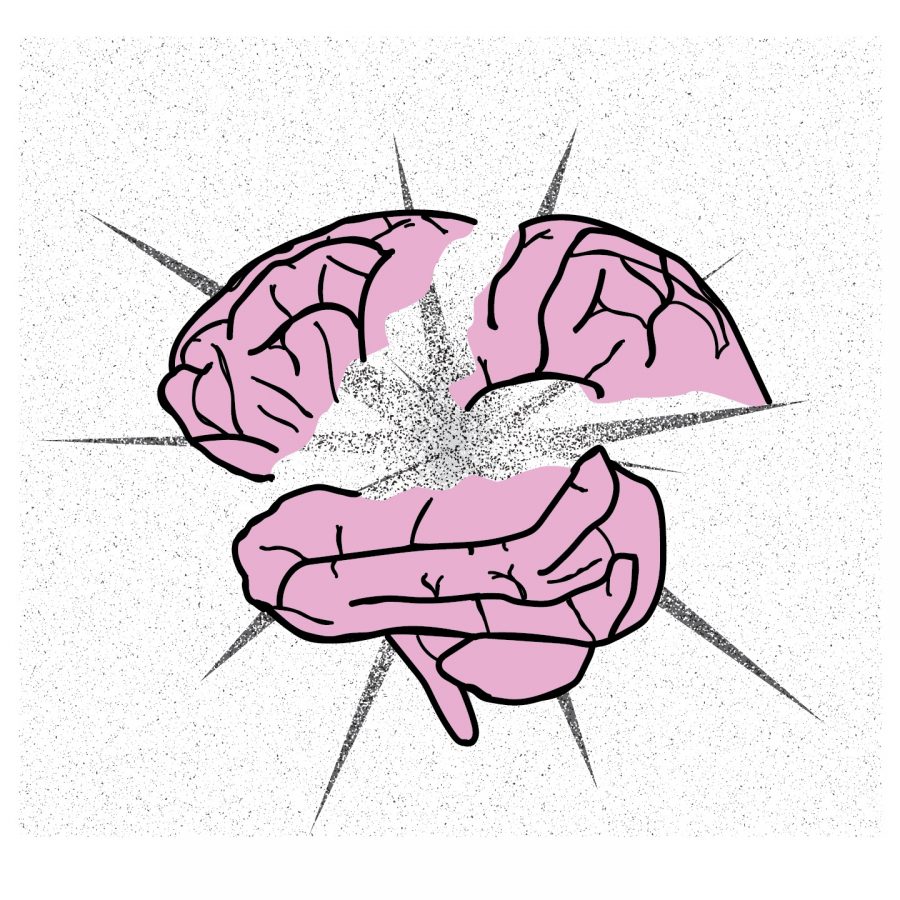Opinion | U.S. must improve civics education
Feb 10, 2021
From the beginning of Donald Trump’s political career, his campaign became infatuated with lying. His comments on Mexicans, lambasting the media for their reporting on his deficiencies and disputing a legitimate election are examples of his fraud.
His lies led to an uprising of his mostly white, angry, frothing at the mouth supporters determined to destroy the Capitol. We arrived at this moment not by coincidence but by a significant portion of this country who believe that poorly researched claims are the same as facts.
Conventional thinking tells us that everyone deserves to have their views heard and respected. This frame of thinking created a problem where we have validated the opinions of people who lie, mislead and seek to injure.
It explains why media networks covered Donald Trump frequently in 2016, only to complain about the rise of “Fake News.” When looking into this phenomenon, let’s examine the rhetoric following the 2016 election.
For months we were told to “listen” to our fellow Americans who voted for Donald Trump to “understand” them better. It didn’t take long to recognize that much of their reasons for voting for Trump were not from a politically educated stance.
Get The Daily Illini in your inbox!
How many Trump supporters can adequately discuss matters of foreign policy? I’d wager that some of them cannot, which explains why the man himself said at a campaign event that he “loves the poorly educated.”
Even Trump recognizes that he stood to gain from the intellectually challenged in this country. It isn’t just Donald Trump, though. We have arrived at a point where we conflate opinion with truth, and that itself presents a dangerous precedent. Yes, we can have our opinions, but opinions should not substitute facts.
Several months ago, one of my colleagues penned an article about Black Lives Matter and raised some contentious points. He cited an article by Heather Mac Donald, who wrote in the Wall Street Journal that police racism is a myth.
For most of us with an elementary understanding of racial history in the U.S., we know that there is a level of bias in American policing.
I am aware that we are in the business of giving opinions. What does it say about the Daily Illini to publish an article that essentially denies the reality of systemic police racism? A failure of editorial standards. Why was there no proper filter in place to fact-check my colleague’s commentary?
It is hard for me to believe that this paper would have published a writer who denied the existence of the Holocaust. Where does the Daily Illini or any other media organization draw the line at opinion and fact? What about some of my published pieces? Have I blurred those lines myself? Possibly, it’s likely that I too, in some cases, should have been more scrutinized.
Throughout the media landscape, we have been spoon-fed atypical political debate for years. One impartial anchor in the middle, with people from different sides of the political spectrum on both ends yelling at each other in a mindless, unnecessary and foolish five- or ten-minute segment.
We have falsely come to think that those interactions where lazy commentators with poorly researched views are bastions of truth. We must ask ourselves how we discern between fact and opinion and fiction? Of course, I’m not advocating that everyone holds similar beliefs. That could arguably be worse.
However, we must recognize that too many people have ideas far beyond the logical realm that can cause harm. Several people were killed and injured in Washington D.C. weeks before the inauguration of Joe Biden, all because of a lie perpetrated by the former president, his allies, and other forms of ‘media’ for months. However tragic, it comes as no surprise.
How many people in the United States know who their local representatives are? How many are aware of how local, state and federal government’s function? These questions should not be difficult to answer.
In any society that prides itself on its people’s knowledge, we should know the answer to these questions by default. I’m not advocating that 300 million Americans become political scientists overnight. Still, I don’t think it is hard to ask my fellow Americans to become more aware of how their country operates.
It explains why for months, several people have begun doubting the science behind vaccines and social distancing measures in the face of COVID-19. Some people genuinely believe that lockdown measures are an affront to their liberties as if being told to don a mask when entering a public place is comparable to slavery.
We are a nation of morons.
Proper civics education is missing. It is showcased daily by the nonsense that comes from others’ mouths and into the minds of poorly educated, somewhat illiterate Americans. It’s fair to have an opinion, but let’s not mistake unverified views as facts. Even more so, if your argument is grounded in bigotry and indifference, it should not be heralded.
The absence of critical thinking has become fashionable, and we are worse off for it.
Dennis is a senior in LAS.






